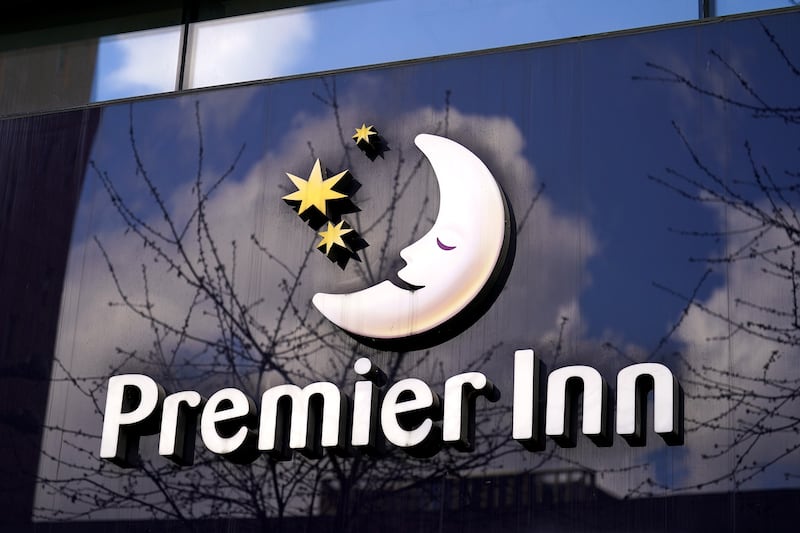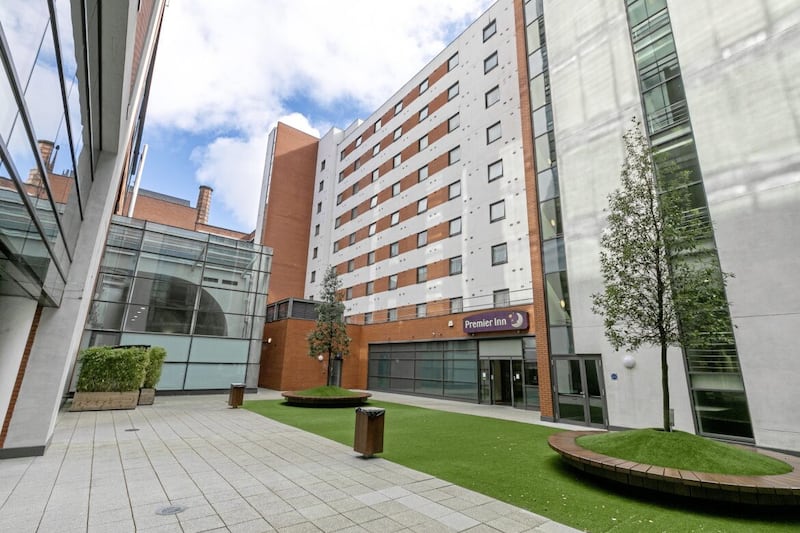ONE of the UK's largest hotel chains is recovering quicker than expected and believes it will get back to pre-pandemic normality sometime next year.
Whitbread said that Premier Inn - which owns nine hotels on the island of Ireland, including eight in the north - is beating its rivals on the road to recovery from one of history's most devastating moments for the hospitality sector.
It is outgrowing the market by more than a dozen percentage points, and is outdoing what its own bosses had predicted.
As a result, revenue per available room, a key measure for the hotel sector, will reach a full recovery at some point in 2022.
During the six months to the end of August, RevPAR, as it is called in the industry, reached £32.13, nearly three times last year's £10.87.
"Whitbread traded significantly ahead of the market in the UK during the first half of the year, with our regional hotels trading ahead of pre-Covid-19 levels in the last six weeks of the half," said chief executive Alison Brittain.
"This strong performance has continued into the second half, with sustained high levels of leisure demand and resilient demand from tradespeople."
The chief executive said that in Germany, where Whitbread will soon have 73 hotels, budget hotels are recovering faster than their more expensive rivals.
But she added that there had been problems, as staff shortages in the UK have caused headaches.
"The operating environment during the summer and into autumn has been challenging largely as a result of our very high occupancy levels, market-wide supply chain issues and a tighter labour supply in the hospitality sector," Ms Brittain said.
"Although we are not immune from these challenges, we are well placed to respond."
Revenue in the six months was 39 per cent lower than the same period two years earlier, but has more than doubled since last year, from £251 million to £662 million.
Pre-tax loss narrowed from £725 million last year to £19.3 million, but is still far below the £220 million profit made before the pandemic.







